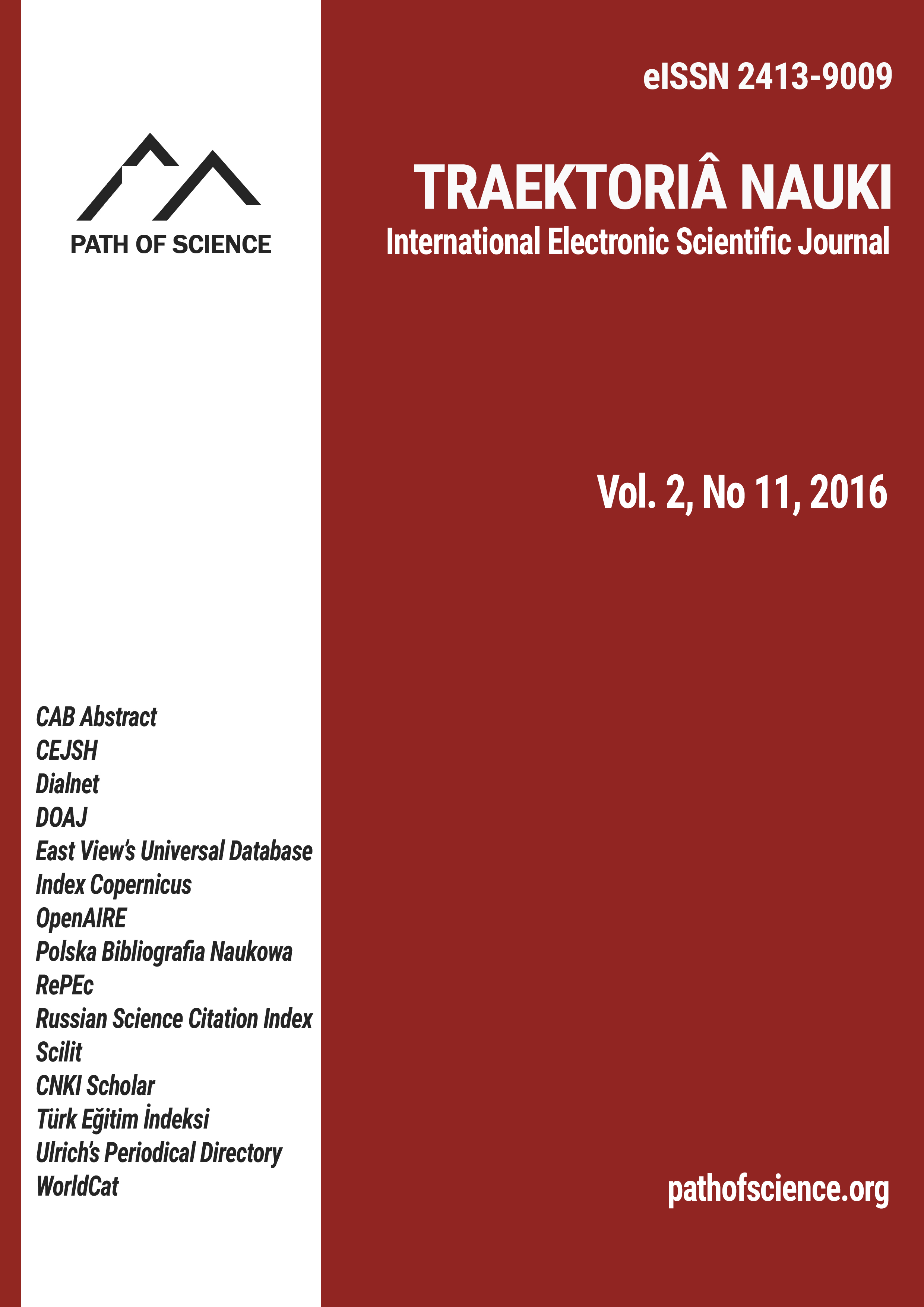Sustaining Biodiversity and Income against Climate Change through Food Value Chain System by the Small-Holder Farmers in Southern Nigeria
Sustaining Biodiversity and Income against Climate Change through Food Value Chain System by the Small-Holder Farmers in Southern Nigeria
Author(s): Charles AsaduSubject(s): Agriculture, Environmental Geography
Published by: Altezoro, s. r. o. & Dialog
Keywords: intercropping; climate change;food security;
Summary/Abstract: Biodiversity and sustainable income are very necessary in ecosystem stability. The food value chain (FVC) introduced in Nigeria to transform agriculture is commendable because through the system farmers receive various incentives as highly subsidized inputs from government and loans of low interest rates from designated Agricultural Banks and Central Bank. However, the system encourages specialization in the production of the reference crops but intercropping and mixed cropping systems practiced by most small-holder farmers because of its inherent advantages is de-emphasized or completely abandoned. This paper presents the results of two surveys of sole pepper and maize growers in 2015 and 2016 respectively as affected by sudden stoppage of rainfall in Nsukka area. The analyses showed that on the average > 70 % of the pepper farmers lost ≈ 65 % of their pepper fields while ≈ 57 % of the maize fields were lost. For a substitute intercropping system, plantain yield data from plantain plus moringa intercrop trials carried out in 2014 and 2015 were analyzed and projected to incorporate a food crop within inter-alleys. The mean plantain yields from the trials were 20 kg plant-1 for fresh bunch and 7 suckers stand-1. Based on a 6 m x 5 m (≈330 plants ha-1) spacing and the 2016 prices of bunches and suckers, these yields translated to a minimum net income per annum of N 1 320 000.00 (N 330 000.00 from bunches and N 990 000.00 from 6 suckers (net) stand-1). Proceeds from the food crop, moringa seed and leaf extracts used as liquid fertilizer took care of the cost of other inputs and cultural practices. The inter-row spacing of 6 m allows mechanical cultivation of any food crop by the farmer. This system was considered a reliable insurance against climate change and pest insurgence and can be adopted by farmers in the entire southern Nigeria because both plantain and moringa can do very well in the subregion.
Journal: Traektoriâ Nauki
- Issue Year: 2/2016
- Issue No: 11
- Page Range: 1-7
- Page Count: 7
- Language: English

